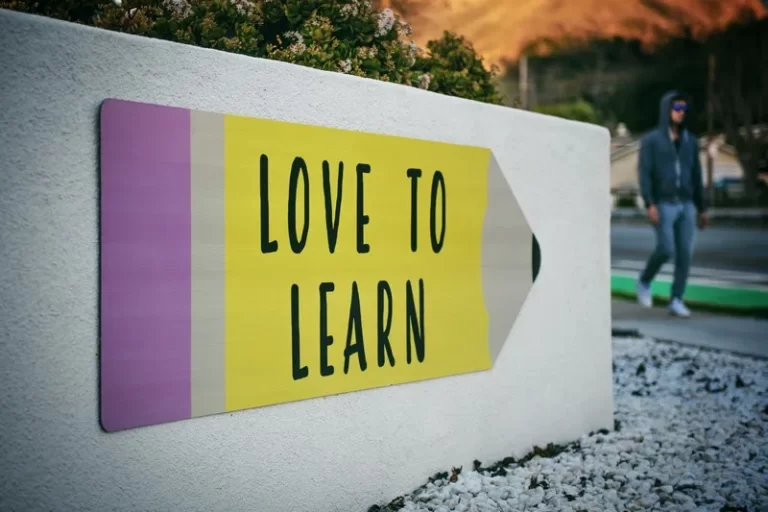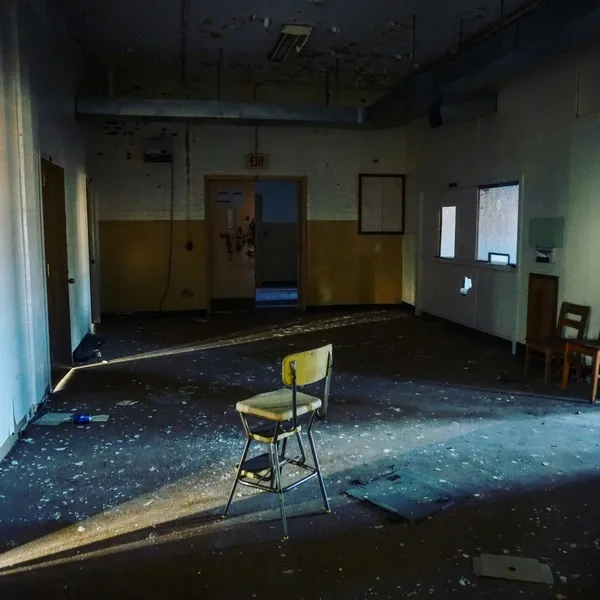The financial crisis currently threatening the stability of universities in England can be traced back to the neoliberal restructuring of higher education. This model has systematically transformed higher education into a competitive market, driven by economic imperatives rather than educational values. The repercussions of this shift are multifaceted, affecting funding mechanisms, institutional priorities, student demographics, and broader societal expectations.
Marketization and Funding Mechanisms
The neoliberal transformation of higher education has primarily involved the marketization of universities. This shift was marked by the introduction of tuition fees and the significant reduction of state funding. Universities, now operating in a competitive market, have been forced to generate their own income, primarily through student fees and private investments. This dependency on tuition fees has pushed institutions to adopt business-like models, prioritizing revenue generation over academic quality.
The introduction of tuition fees in 1998 and their subsequent increase has fundamentally altered the funding landscape of higher education. The cap on fees, which has remained relatively stagnant in the face of rising inflation, has not provided universities with sufficient resources to cover the escalating costs of operation. Consequently, institutions have had to seek alternative revenue streams, most notably through the recruitment of










